IS024 - Data-Driven, Physics-Informed and Operator Learning Methods for Complex Dynamical Systems
Keywords: computational fluid dynamics, machine learning, operator inference, reduced order model (ROM), Scientific machine learning
The need to understand and predict the dynamics of complex dynamical systems has led to the development of a wide array of data-driven methods across several disciplines over the last decade. This has facilitated the study of various new approaches capable of overcoming the challenges posed by high dimensionality, significant complexity, and chaotic behaviors. Relying on the advances in reduced order modeling and deep learning, the field of scientific machine learning aims to integrate data-driven techniques with physics-based approaches, thereby enhancing the modeling capabilities and interpretability of the models even in the presence of limited data, and enabling consistent and accurate predictions even for complex systems. The purpose of this session is to gather a broad spectrum of contributions in this extremely active research area, ranging from critical theoretical advances and innovative computational techniques to practical application in large-scale, multi-physics engineering problems. The areas of interest include but are not limited to, the development and utilization of novel physics-informed deep learning strategies, approximations using neural operators, multifidelity methods, generative modeling, system identification, and uncertainty quantification.

